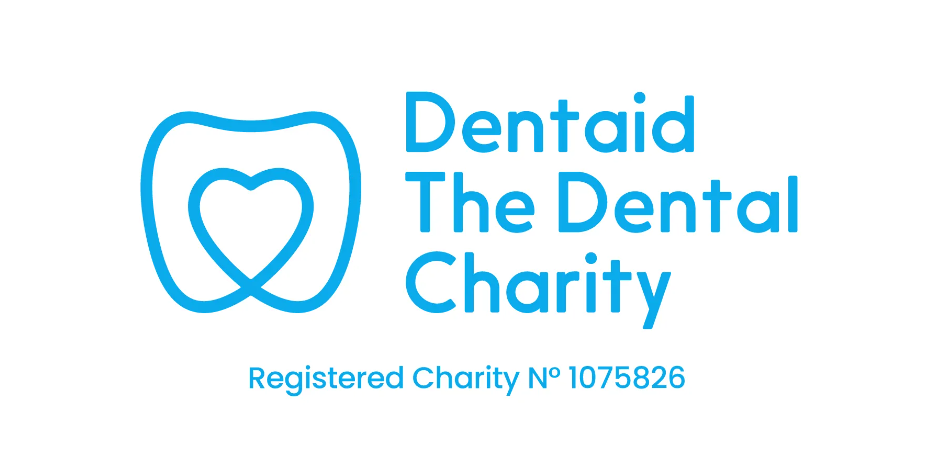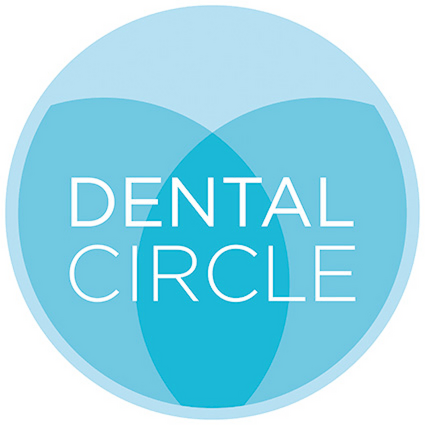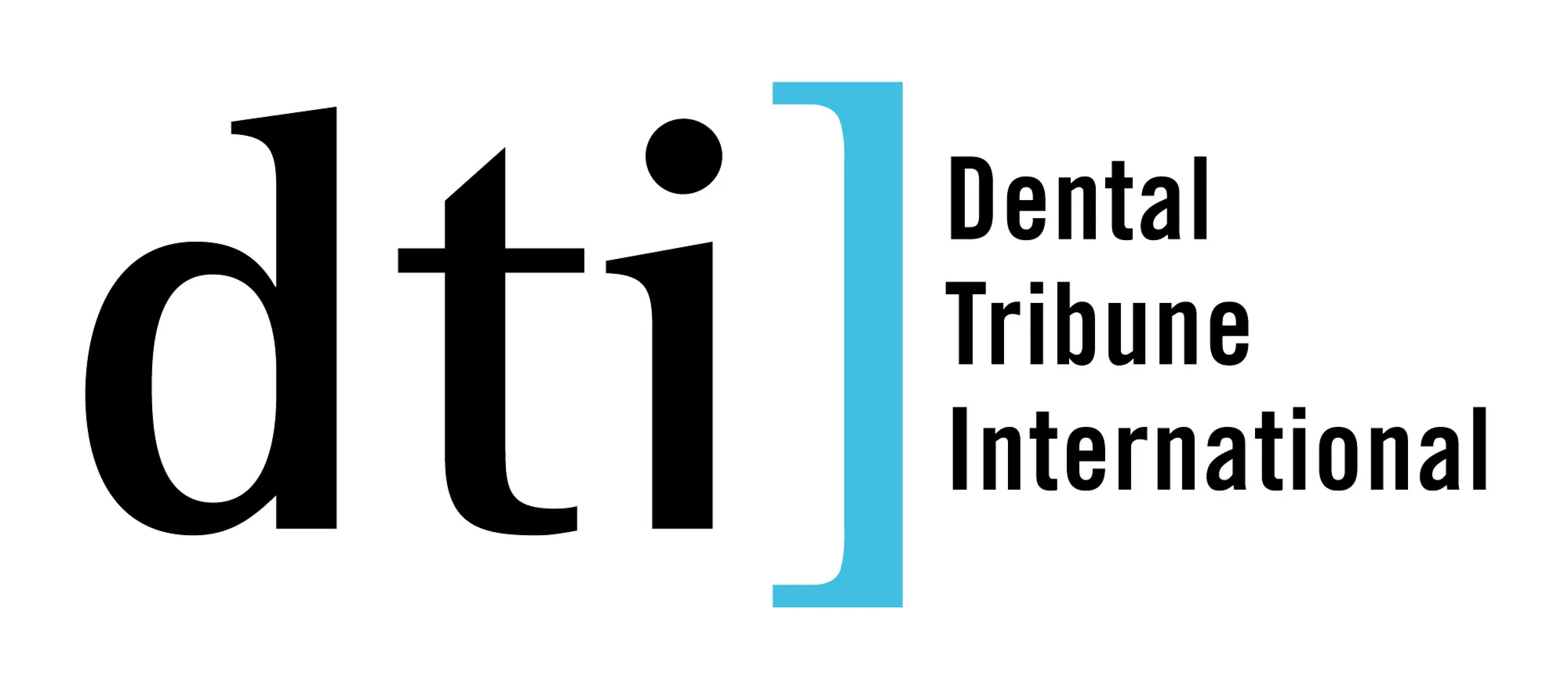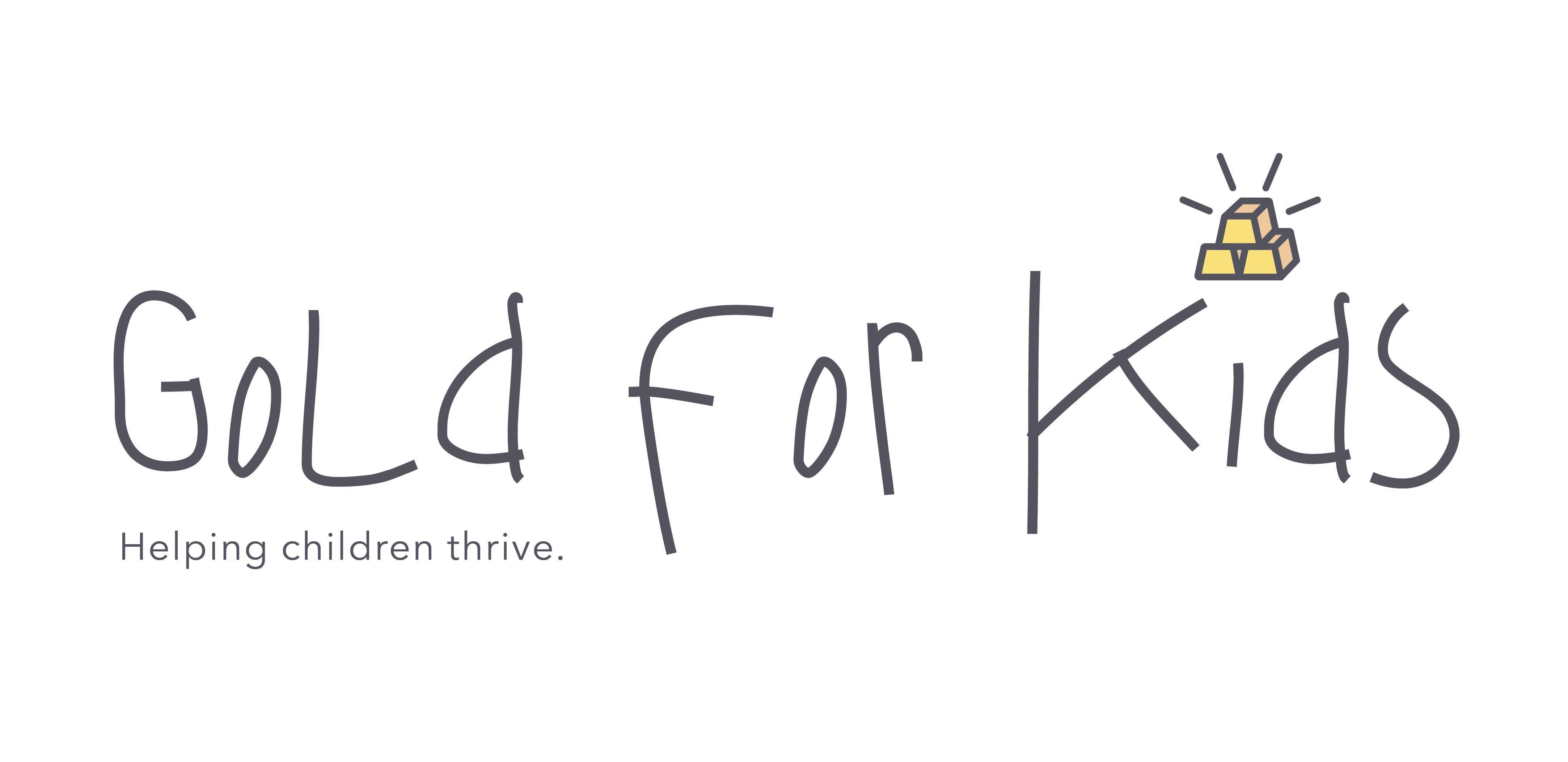Financial Support For Mixed Practices
)
Alan Suggett - UNW
The first piece of good news was the Chancellor’s announcement of the Coronavirus Job Retention Scheme on 20 March – at a stroke “terrible” changed to only being “bad”! On 23 March the Chancellor brought in another measure of support, The Coronavirus Business Interruption Loan Scheme (CBILS), which in the course of time will no doubt be useful for many dental practices. Initially many practice owners were told that they weren’t eligible due to the rules of the scheme which required lenders to offer a conventional loan if the practice fulfilled relevant lending criteria. The rules changed on 3 April to remove this requirement. However, the huge log jam of applications may well lead to practices not obtaining this funding prior to the April employee payroll run.
The next significant event was a letter on 25 March from Sara Hurley, Chief Dental Officer for England, to all NHS contract holders. Whilst for mainly NHS practices, and those with a relatively small NHS contract, this was a life saver, for mixed practices the implication was that, in order to continue to receive the NHS contract income, ALL practice staff and self-employed contractors (eg associates) would have to continue to be paid. For many mixed practices this meant that receiving NHS income would be of little to no benefit due to the extra wage costs which would accompany it.
After a few days of frustration, the BDA negotiators had a breakthrough on the evening of 2 April, when NHS England clarified that a pro rata basis could be adopted for mixed practices. At this point the financial forecasts for most mixed practices moved into the “OK” category.
So – what does all of this mean for mixed practice finances during the COVID-19 crisis?
As outlined above, in my experience most mixed practices are forecast to operate cashflow positive during the Crisis period, and detailed below are the support measures which they are relying on:
Coronavirus Job Retention Scheme (the “Furloughing” scheme):
When employees are furloughed, usually on 80% of their normal wages up to £2,500pm, the Government reimburses practices (for full details of the scheme click here) A mixed practice can furlough a proportion of employees (eg 60% private fees, 60% of employee payroll costs can be furloughed).
Coronavirus Business Interruption Loan Scheme (CBILS):
Loan funding which is repayable over 6 years, and is interest free over the first 12 months. Banks are struggling to cope with the volume of applications (for full details of the scheme click here).
Loan capital repayment postponement:
Most lenders are agreeing to allow loan CAPITAL postponement for periods of between 3 and 6 months, usually with no formal application process. This also applies to domestic mortgages and some finance agreements (eg car purchase).
Other lender support:
Most lenders are being very sympathetic in relation to COVID problems. These support measures often include overdrafts and conventional loans.
Rate relief:
This area is complicated not only by the rules of Business Rate Relief, and Small Business Rate Relief, but also by the fact that the reliefs are administered by Local Authorities who seem to operate in different ways. It seems that the only practices who will benefit are those with rateable values less than £15k. Some practices have already received a grant of £10k. It is possible (but not clear) that practices with an NHS contract might only be able to retain a pro rata amount.
Self-employment grant: This only applies to those self-employed principals and associates with average profits less than £50k pa, but will provide a grant of up to £2,500 per month (for full details of the scheme click here).
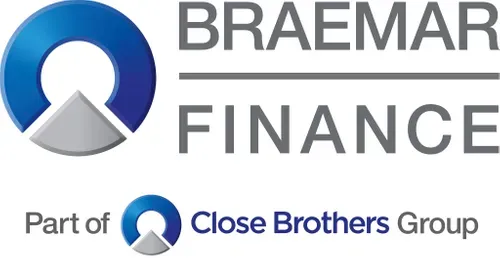

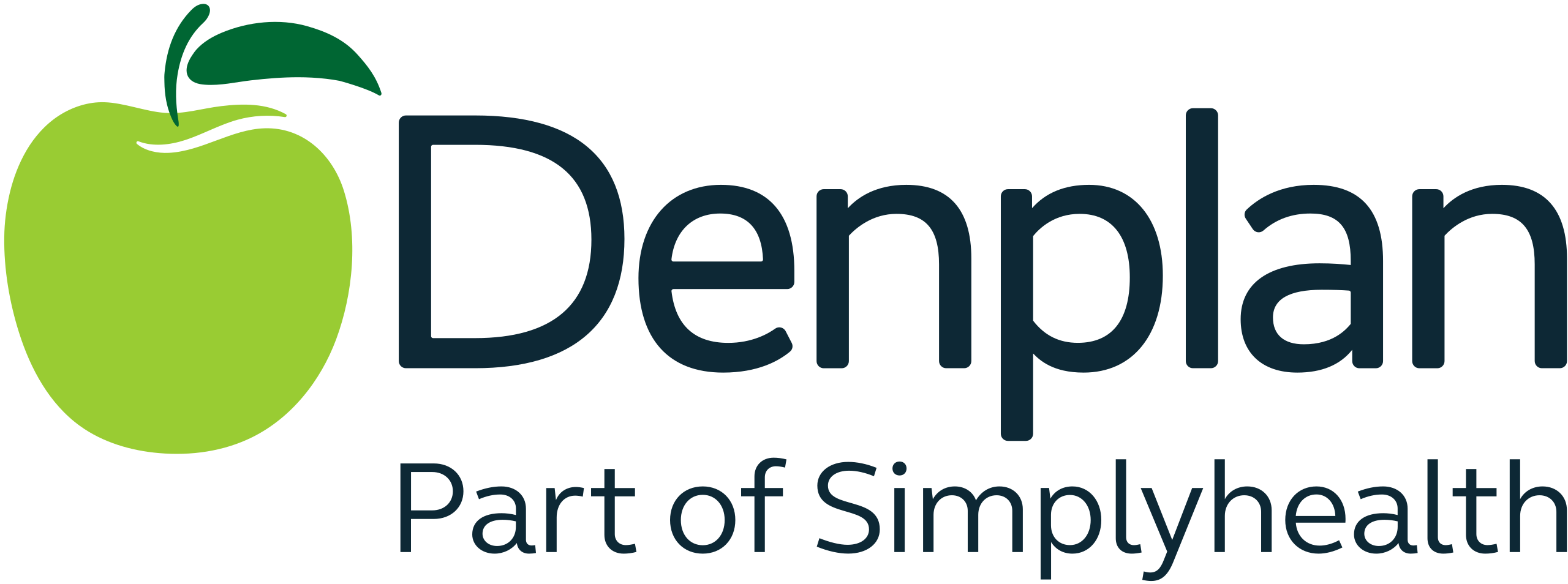
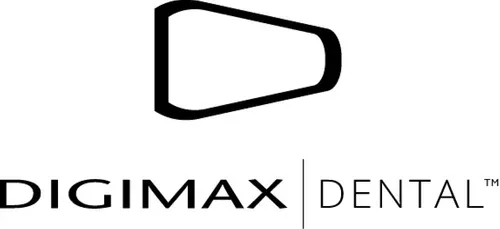


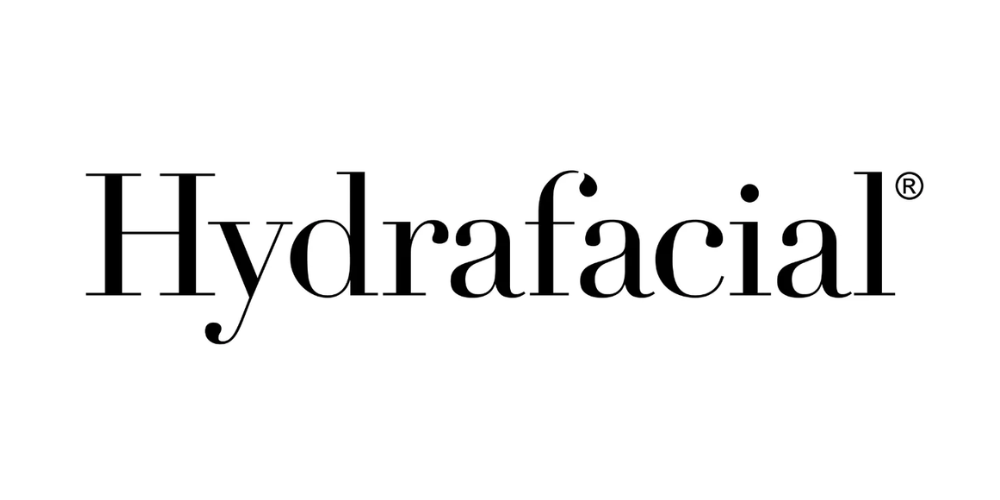
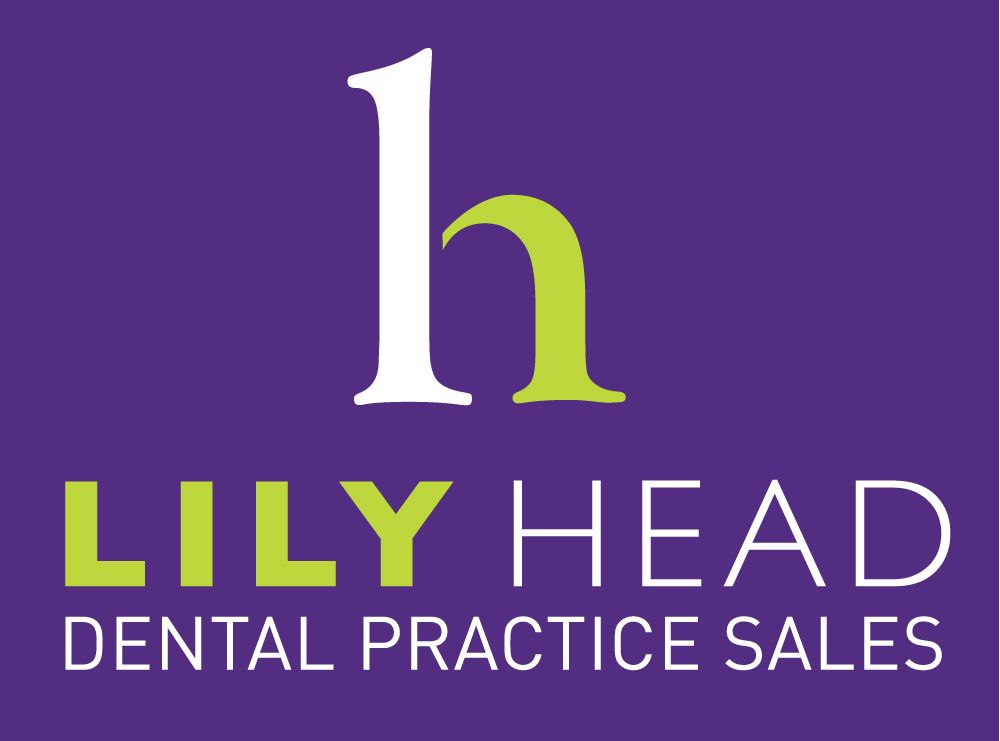




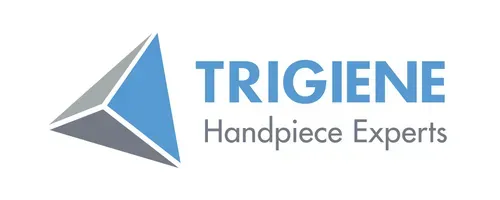


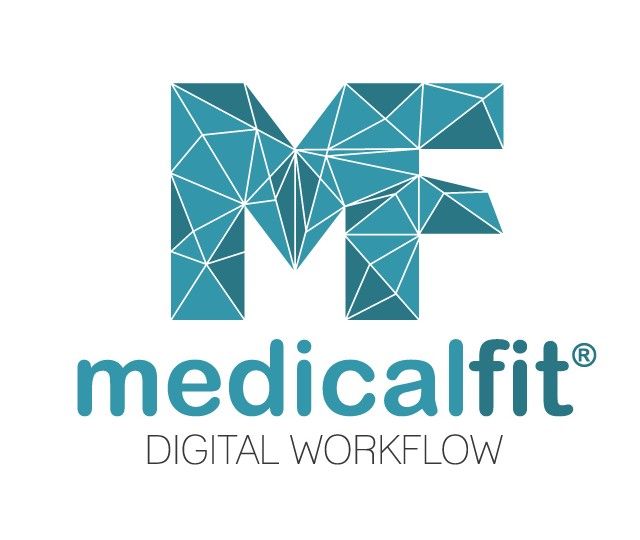


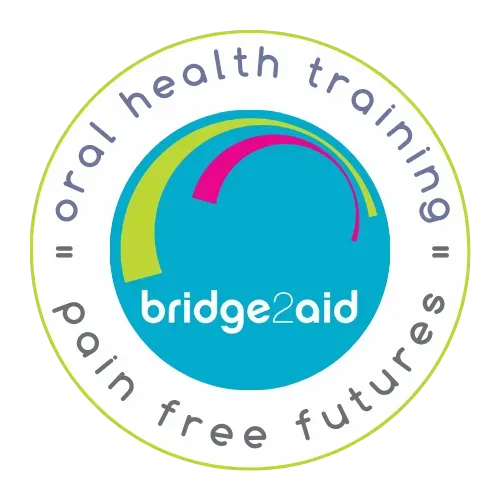
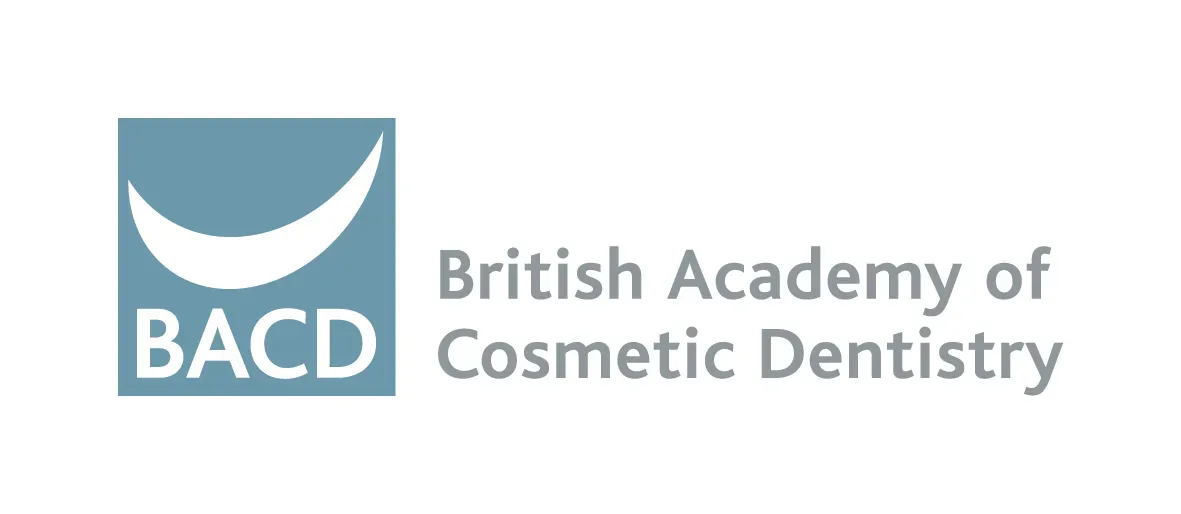
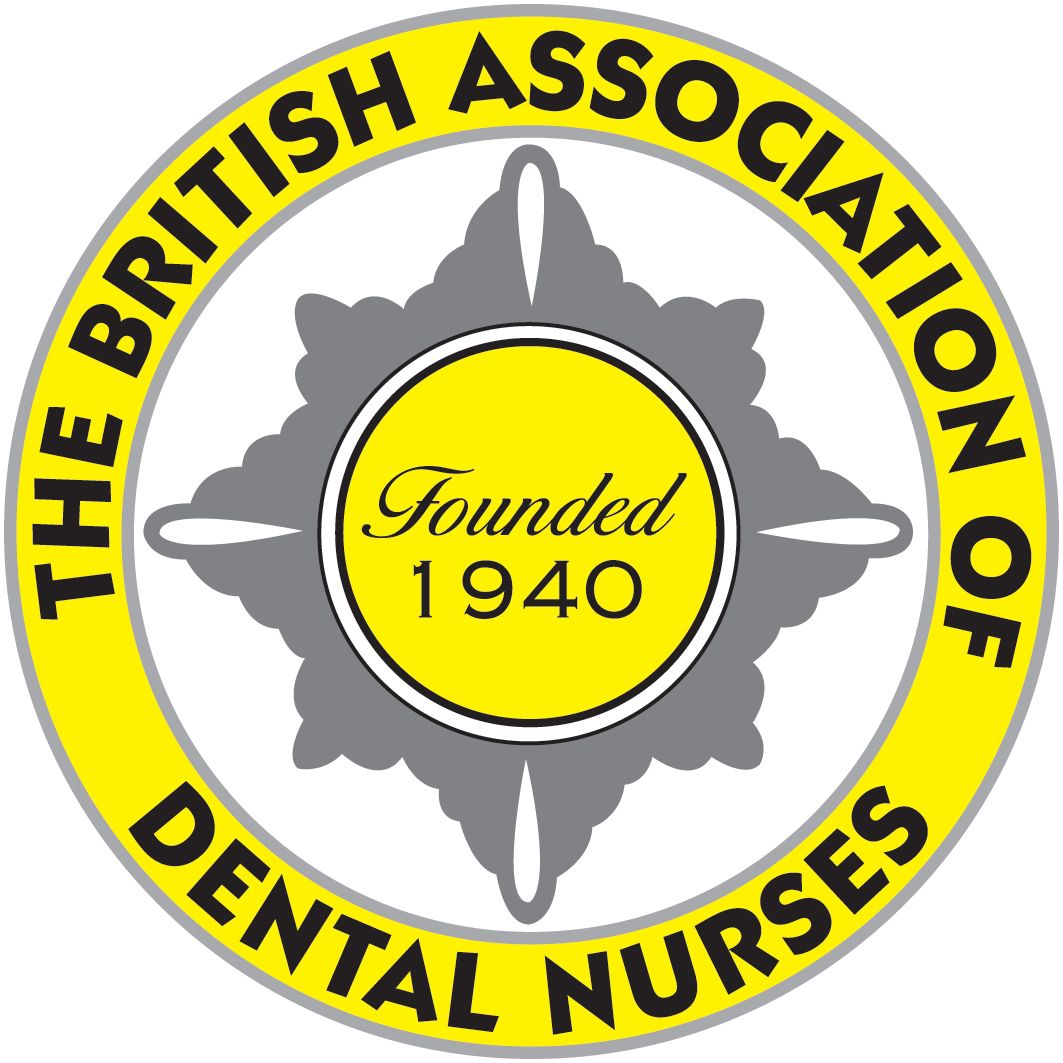
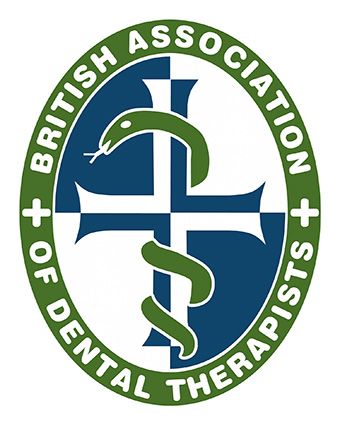
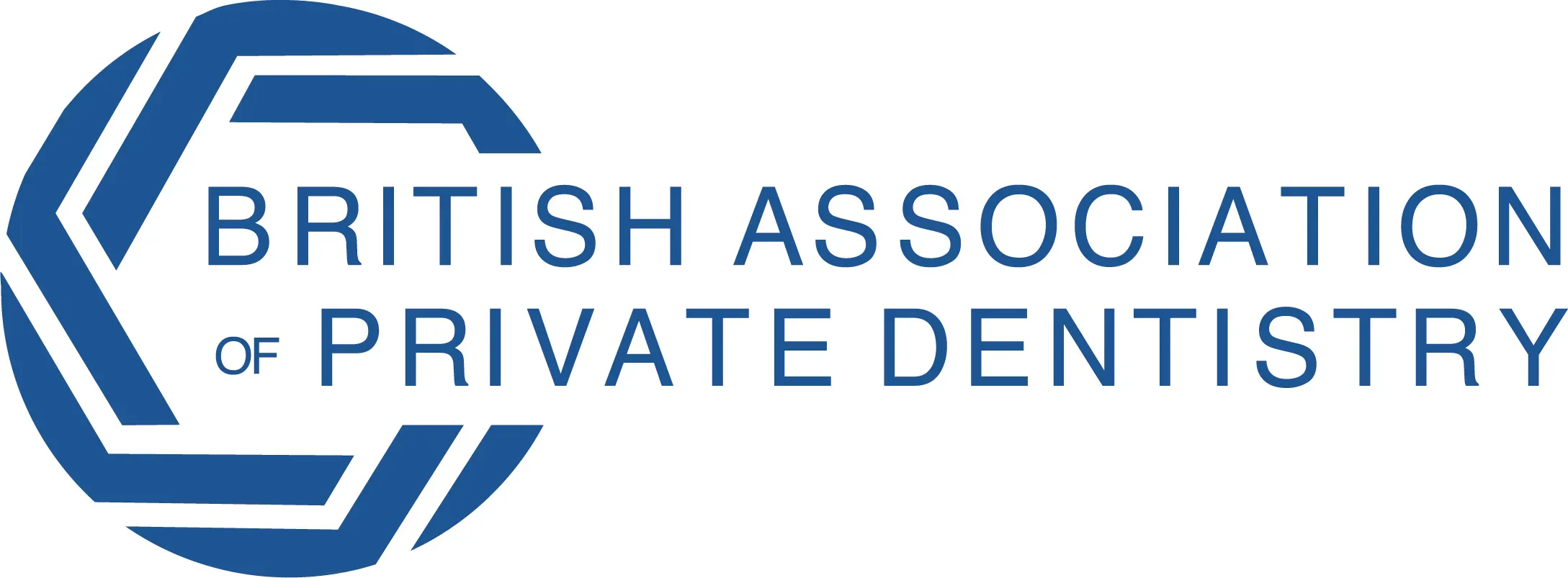
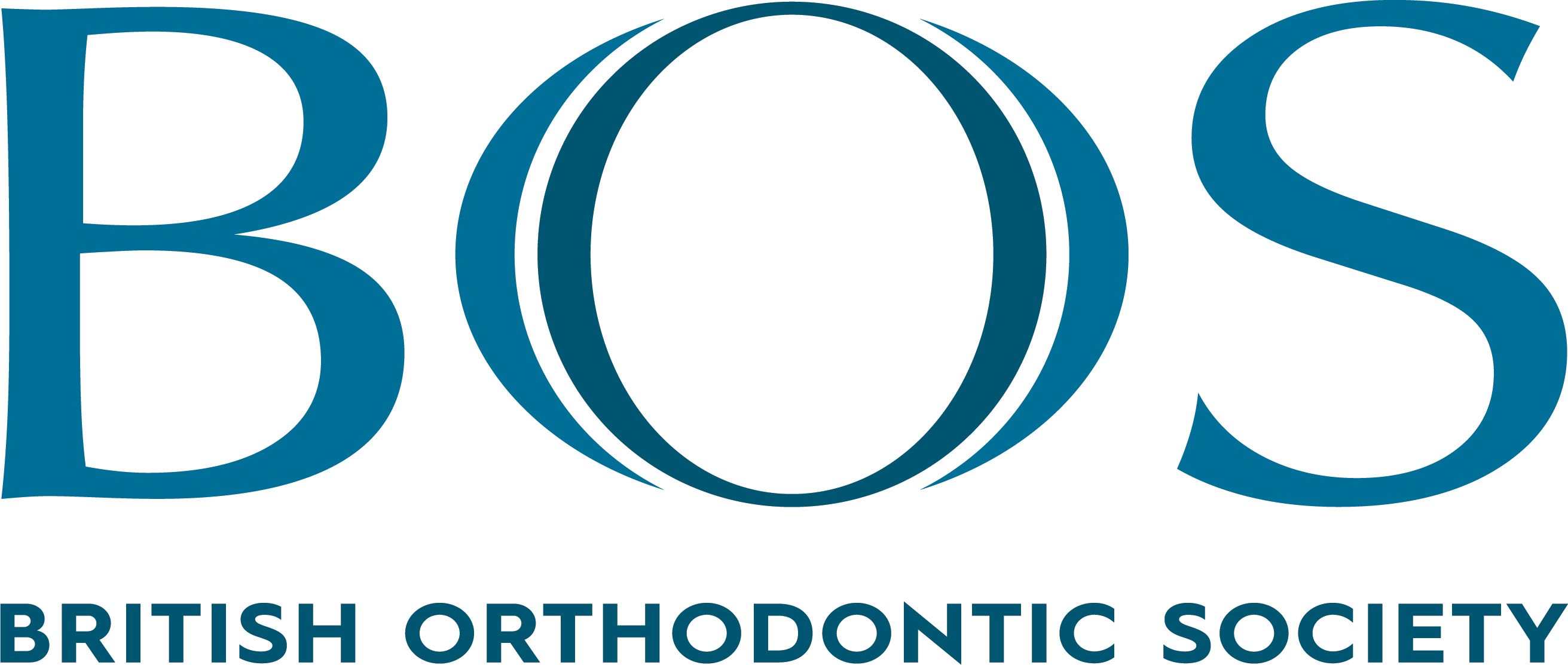
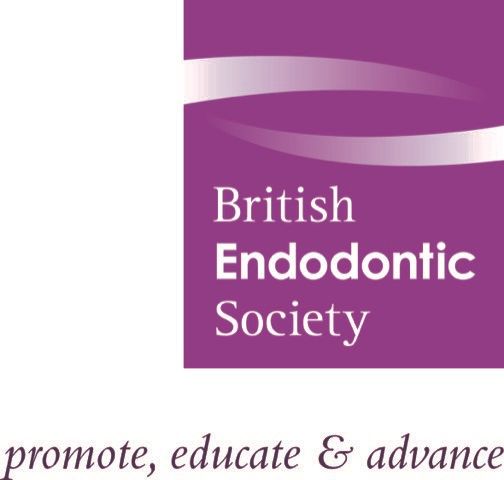
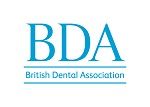
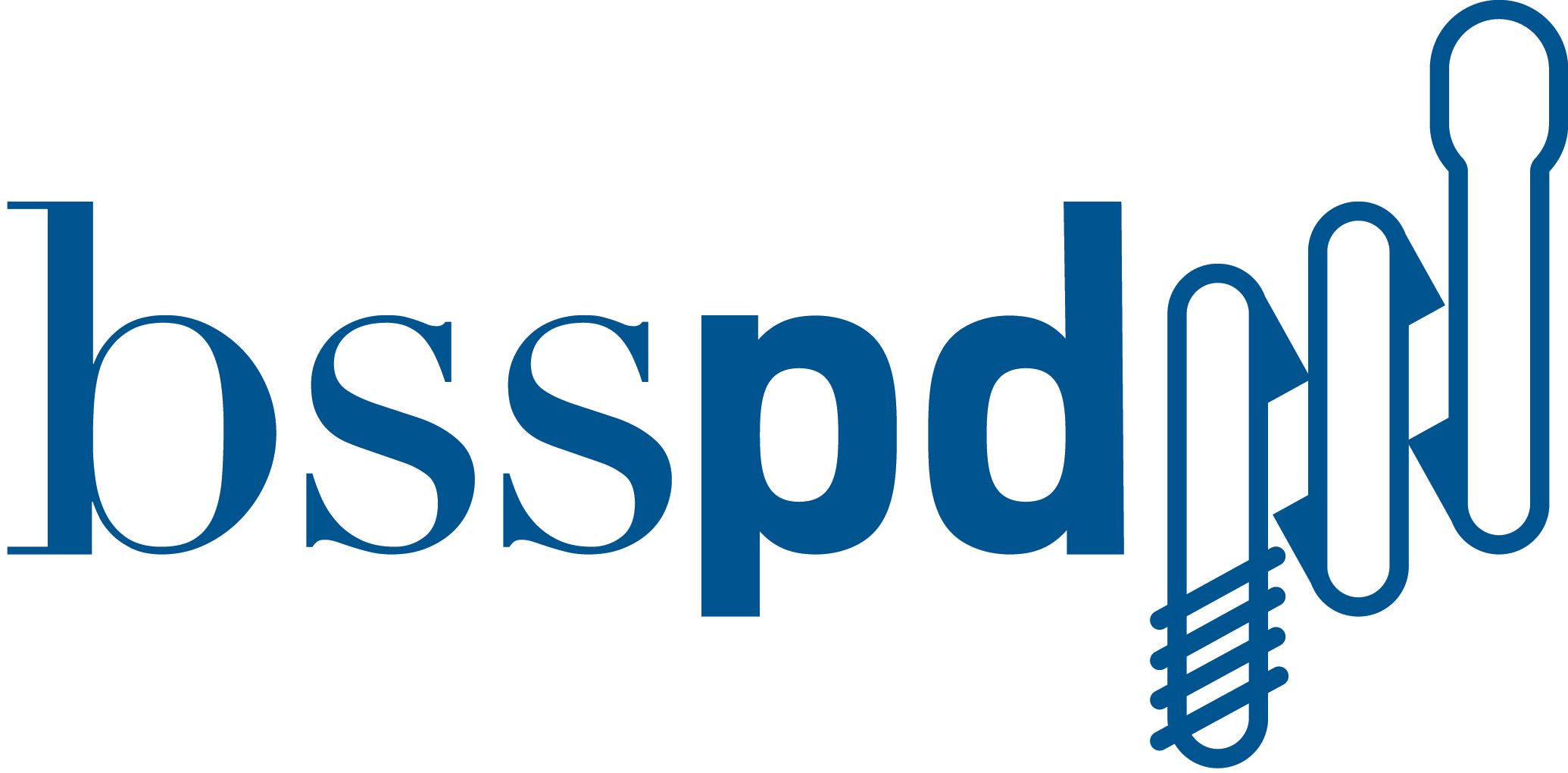

.png)
